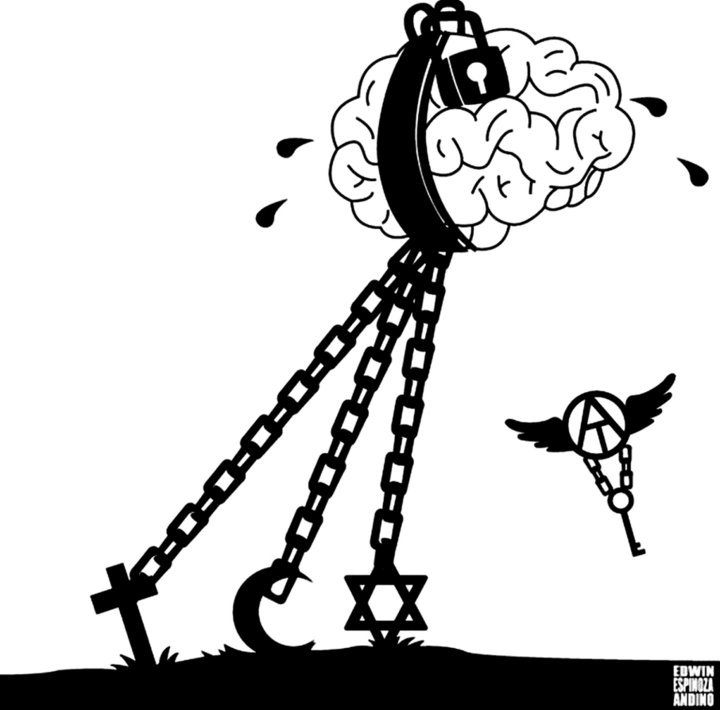Two recent stories from the blog of the US Department of State.
First up, “Supporting the Efforts of Religious Leaders in the Central African Republic”:
As part of our ongoing efforts to support the people of the Central African Republic (CAR), on January 7, the State Department hosted an interfaith dialogue connecting religious leaders in the United States with religious leaders in CAR to spotlight their inspiring efforts to promote peace, reconciliation, and social cohesion.
Religious leaders in CAR described their efforts to end the ongoing violence, thanked the United States for its assistance and efforts, and called for further international humanitarian and security assistance in CAR. The American religious leaders noted examples of successful interfaith cooperation in the United States and pledged further collaboration with their counterparts. Both sides agreed to continue their discussion and to work together to increase education and training on reconciliation and peacebuilding and to seek opportunities to support the travel of religious leaders to CAR to support peace and interreligious cooperation.
His Grace Dieudonne Nzapalainga, Archbishop of Bangui; Imam Omar Cabinelayama, President of the CAR National Islamic Association; Reverend Nicolas Geurekoyame, President of the CAR Evangelical Association; Catherine Samapanza, Mayor of Bangui; and other community leaders participated in the online video conference from Bangui, CAR. Imam Mohamed Magid, President of the Islamic Society of North America, and Stephen Hilbert, Foreign Policy Advisor to the U.S. Conference of Catholic Bishops, joined me in Washington, D.C. for the dialogue, which was moderated by Arsalan Suleman.
You can watch a video of the dialogue here: http://youtu.be/5Glo7CRbqOU.
Next, “Secretary Kerry Encourages Faith-Based Efforts to Support Middle East Peace”:
“Humanity once shared an ark, why not again?”
With that question, Imam Yahya Hendi this week encouraged a room of senior Jewish, Muslim, and Christian leaders to consider their shared responsibility to support Middle East peace. He was joined in opening prayer by Cardinal Theodore McCarrick, who asked for a “blessing in a special way on John Kerry and all those who work together with him for their tireless efforts in seeking peace and harmony,” and Rabbi Sharon Brous, who offered a prayer to “bless our leaders with continued dedication — despite opposition and cynicism — and bless us with a hunger for peace.”
Those blessings set the tone for a small, off-the-record luncheon with Secretary of State John Kerry on January 28. The gathering, hosted by Georgetown University, was a rare opportunity for the Secretary to meet with prominent American religious leaders to discuss one of his top foreign policy priorities; hear the leaders’ perspectives and concerns; and encourage interfaith or other faith-based efforts to support peace in the region.
The event was coordinated with State Department’s Office of the Special Envoy for Israeli-Palestinian Negotiations, the White House Office of Public Engagement, and my office, the new Office of Faith-Based Community Initiatives launched by Secretary Kerry last summer. Our involvement with the Georgetown event is a great example of the type of work this office hopes to continue, engaging religious leaders and communities in the foreign policy process, to help further conflict mitigation, human rights, and development goals.
Following on the prayers of the three clergy, Secretary Kerry spoke, emphasizing the deep importance of shared Abrahamic values as a foundation for peace. He gave an update on current U.S. government efforts related to the negotiations, focusing on the temporary window of opportunity for making peace, and the leadership that both sides have demonstrated in taking courageous steps toward progress. The Secretary said that he is pursuing a two-state solution now because the alternative is worse, arguing that a one-state solution is not feasible conceptually or politically. He also underscored the ways in which the current approach is different than past efforts, and how a framework for negotiations would outline a concrete vision of what peace will look like and how each side can get there.
After a Q&A session with the Secretary, the group continued its conversation with government officials leading this effort. The event participants quickly turned to practical ideas for follow-up action, including interfaith working group sessions with the State Department and focused interfaith delegations to the region. We welcome ideas from you as well.
WTF? This is the US Department of State. Does anyone agree with me that these laudable outreach efforts should include explicit support for people in these regions who want to live as free non-believers?
I have reached out to the Freedom from Religion Foundation and encourage others to do likewise.

